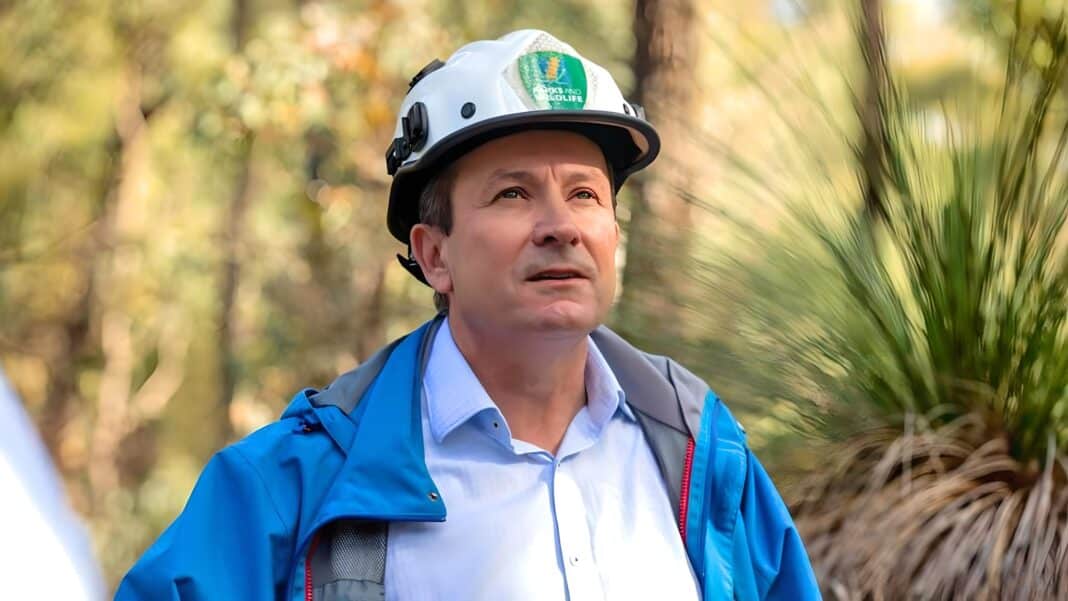Regional towns in Victoria and WA are now suffering from an “exodus” in financial and human capital as communities prepare for a future without native hardwoods starting next week.
At the same time, the state governments are ill-equipped to manage the transition and are desperately looking to make up the shortfall due to poor public policy.
One of the major storylines of 2023, the decision by both governments to close the industry from January 1, 2024, divided public opinion, with environmental groups lauding the decision for “protecting precious biodiversity and endangered species,” whilst locals lamented the decision as “the final death knell” for local communities that relied on the industry for generations.

From January 1, 2024, more than 5 million hectares of native forests will transition from state forests to “protected” conservation parks – with 600,000 hectares “managed” for timber cultivation.
However, according to a 2022 Forestry Australia report, the percentage of timber harvested in native forests is much lower – representing about 120,000 cubic metres of Victorian sawlog used in furniture, joinery, furniture and low-grade paper and pallet production.
Now, the industry in WA is concerned that the decisions made by its government could lead to a hardwood supply shortage, with businesses that remain in the industry still waiting for further details about the much-vaunted “transition plan.”
That is according to Dwellingup Sawmill business owner Jay Branson, who spoke to the AFR yesterday.
“I’ve accepted it, as ludicrous as it is,” he said before continuing, “We’ve heard nothing from the government to do with supply.”
“There’s a lot of people that are very, very bitter, a lot of people that are in dire straits.”
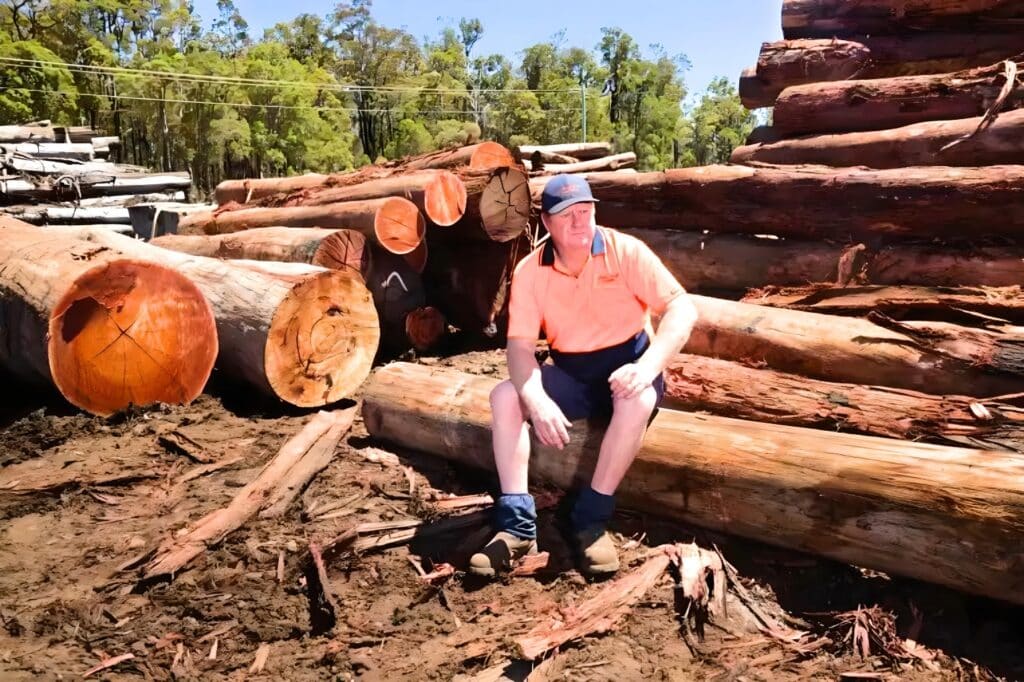
Mr Branson is now taking supply into his own hands and is actively working to source logs from other areas, including farms.
Such was the uncertainty over supply, Mr Branson said government departments had called him hoping he may have information.
He said one department was ramping up orders through December at a scale he had never seen, which is a clear sign of anxiety over a potential shortage.
“We are getting government organisations calling us and asking us how we are solving their hardwood needs; it’s the most ludicrous thing you’ve ever seen.”
A short drive away, Todd Hersey’s WA Timber Products sawmill still produces thousands of hardwood stakes every day, which are faithfully used by the local mining industry to peg ground in the Pilbara.
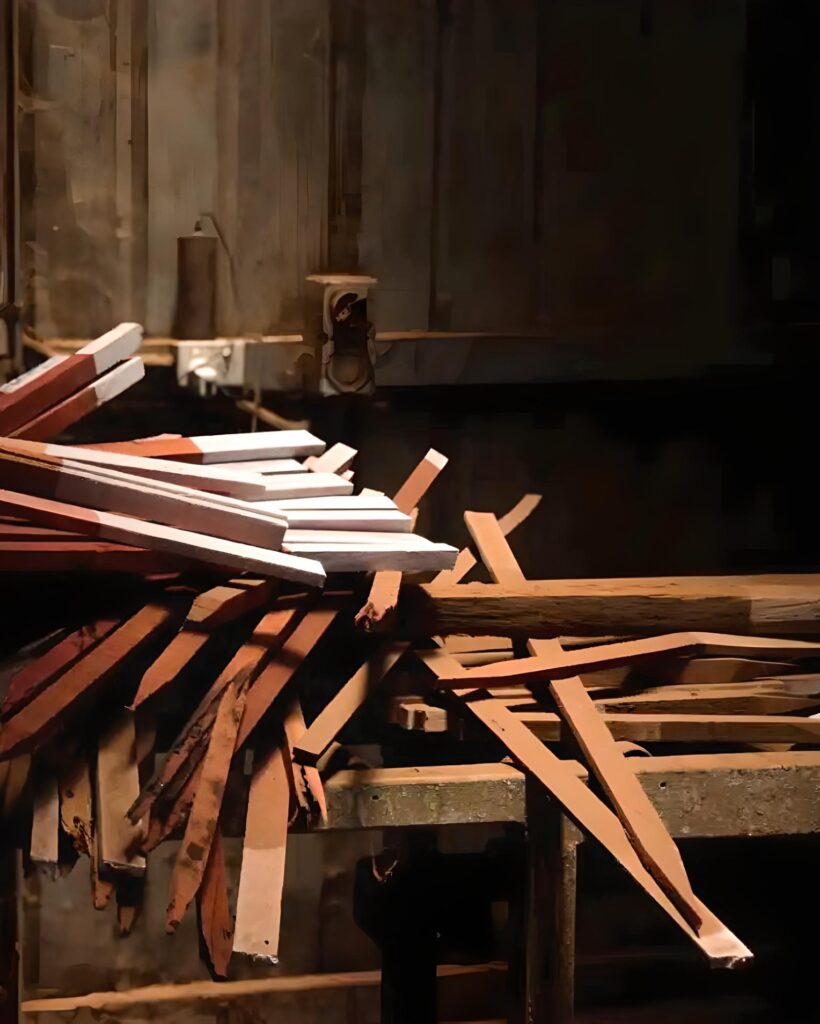
Mr Hersey said alternatives, like pine, can cause splintering when hammered into the earth, with demand for hardwoods strong from the booming industry.
According to Mr Hersey, the business has been provided “some assurance” over current supply but is less optimistic about the industry’s long-term future.
“If you went broke, you could understand that. ‘I did the wrong things and went broke; that’s why my business was shut down.’ But not this. This has affected thousands of people,” he told the AFR.
He said shutting down wasn’t an option after the multi-generational business spent decades building a business which he took over from his father.
“We built something up after all these years of being ripped off, stolen from, to get up there and be debt free finally and for the old man to go, ‘I’ve finally done it, I’ve done it’, and then die. We’ve got to keep it going for Dad and Mum,” he said.
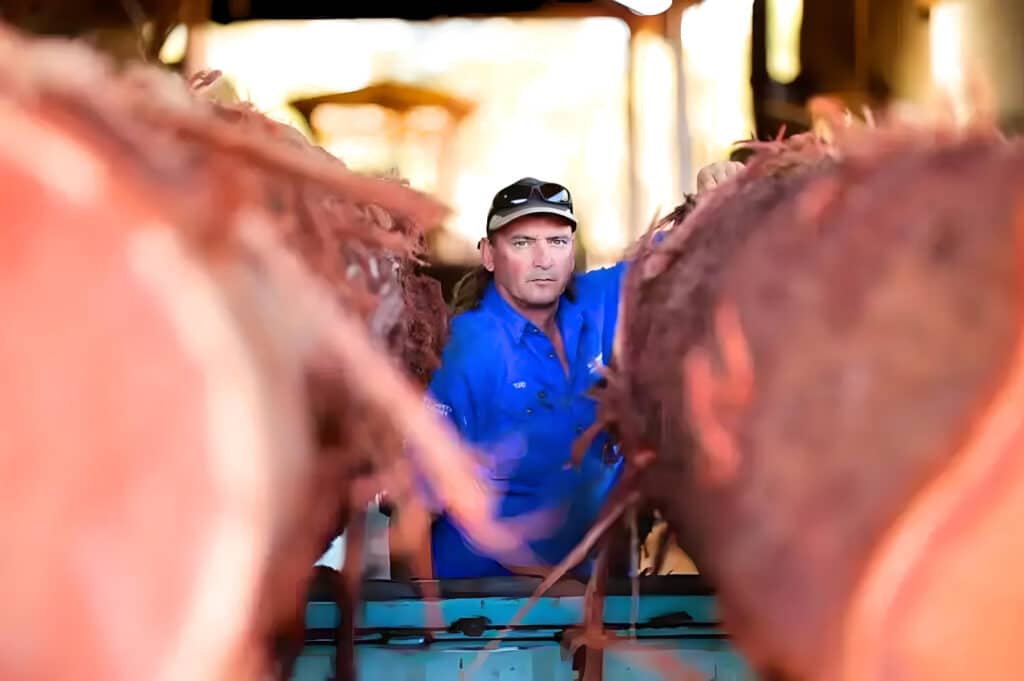
WA Primary Industries Minister Jackie Jarvis said she appreciated the transition had created uncertainty for some and that she and the government were committed to working with smaller, sustainable mills.
“The move by the Cook Government will safeguard our ionic forests for generations to come,” Minister Jarvis said in October.
She said the largest commercial timber mills had already left the industry, and she would continue to provide information to stakeholders over the coming months.
And while commercial logging will cease next week, hundreds of hectares will be controversially cleared for bauxite mining, which has led respected figures like Jack Bradshaw, who participated in developing the WA Regional Forestry Agreements, to report that the current government has a preference for strip mining over sustainable forest management.
In August, Gavin Butcher, a former WA Forest Products Commission director and guest lecturer at Edith Cowan University, reported that the state now faced a “wood famine” due to poor government planning.
“When the government announced its native forest logging ban in 2021, it made promises.”
“It promised to honour all contracts through the end of 2023 and maintain the wood supply for furniture makers and domestic firewood, but the statistics report shows that the production level from native forests fell by 25%.”
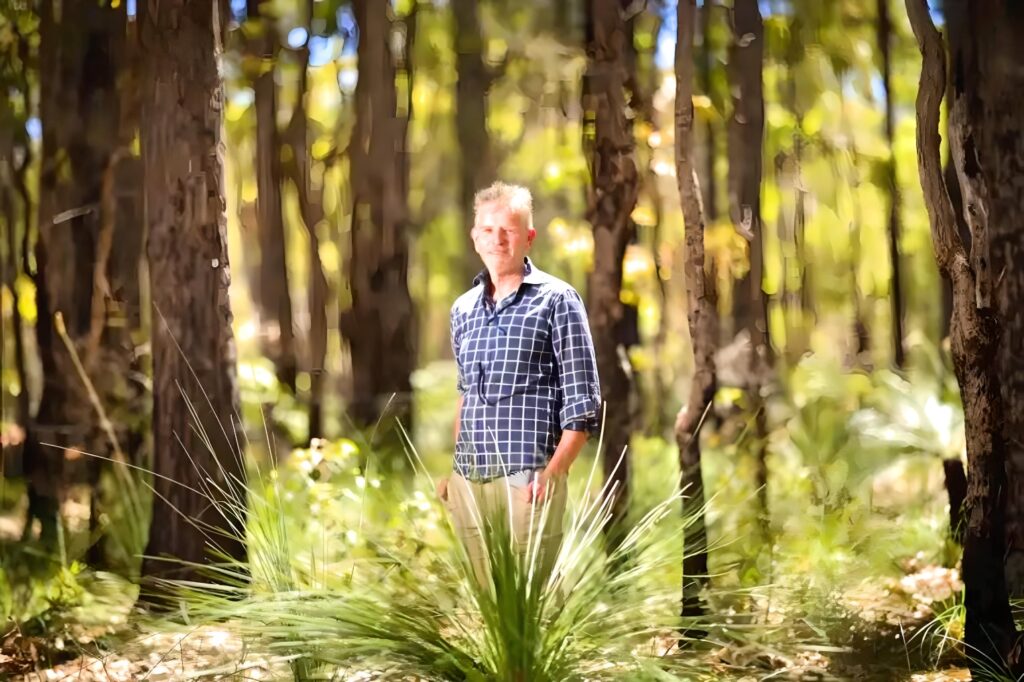
He said millers, who have remained in the industry, have been “let down by the government” and are now staring into the abyss.
“They’re just sitting on the cliff’s edge waiting to see if they fall,” he said.
“You will have many little businesses fall flat and go out of business, and they’ve been promised a future.”
WA Liberal Opposition forestry spokesman Steve Martin has accused the government of abandoning and betraying multi-generational family businesses.
“Labor’s so-called Just Transition package for the timber sector is a sham,” he said. “Businesses have invested millions and been in the sector for decades, and it’s all gone.”
But some Dwellingup locals believe the town, and others like it, can continue to grow and transition into tourism.
Don Herbertson, who owned the Dwellingup General Store for 17 years, said the town was already transitioning.
“A lot of people are pleased that we’ve got an ecotourism industry happening here now that’s supporting Dwellingup in many different ways than the mills do,” he said.
“I feel sorry for the guys working there because that’s been their career for a long time. But a shift for Dwellingup is probably not a bad thing.”



